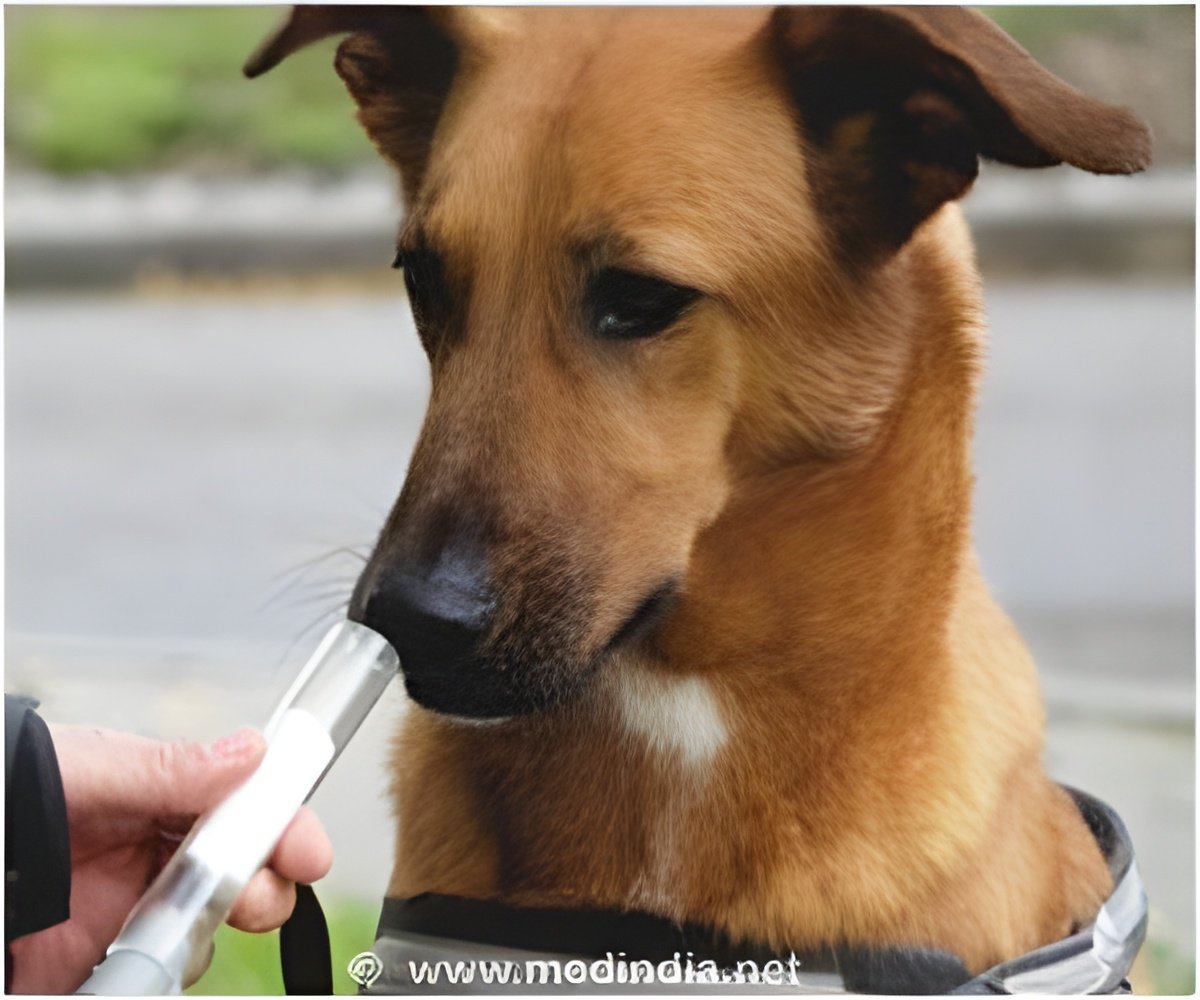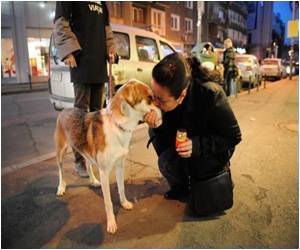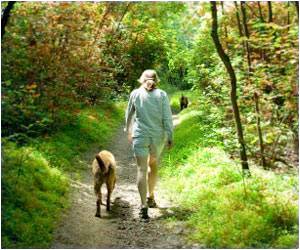Toys get destroyed, tears flow and tantrums abound: it's not just children that find it tough at the end of the summer holidays.

In France, where month-long summer vacations are common, the problem is particularly acute.
"Every time we get back from holiday, my cat, Katou, uses my bed as a litter tray for several days," says Philippe Uzan, the proud owner of a Siamese.
Nana, a German Shepherd, refuses to eat from her bowl and ignores her owner, Monique Gastinel.
After several weeks romping along the beach, the sulking can last for days and, according to animal behaviour expert Aline Auble, that's only to be expected.
"If a dog barks incessantly or chews the furniture when it gets back from a holiday, it is showing that it is missing having company and that it has the back-to-school blues," Auble said.
Advertisement
"They have to re-learn how to be on their own."
Advertisement
"I advise hiding biscuits in different rooms for them to find -- if they are outside, cats will spend most of the day chasing butterflies and rodents," said veterinarian Celine Moussour.
Toys specially designed for animals can also help ward off the boredom that can spell danger for chair legs and shoes: for example a cylindrical biscuit dispenser that cats and puppies have to spin to the right spot to liberate the snacks.
According to Moussour, it's vital to get your pet back into its normal routine in the final days of a holiday.
"You have to resume morning and evening walks and feed them at the same time you do when you are working.
"For cats coming back to a house with a garden, it's important to keep them locked inside for two or three days to allow them to rediscover their territory and ensure they don't run away."
As with most people, pets tend to over-indulge on holiday and it's also important to re-establish healthier eating patterns. For dogs especially, the snacks have to stop to prevent weight gain over the winter months.
"Usually most pets will adapt to the new routine after a few days," advises Moussour. "But if they refuse to eat for several days or won't come out of their beds then it could be something more serious. In that case a visit to the vet is required."
Source-AFP










